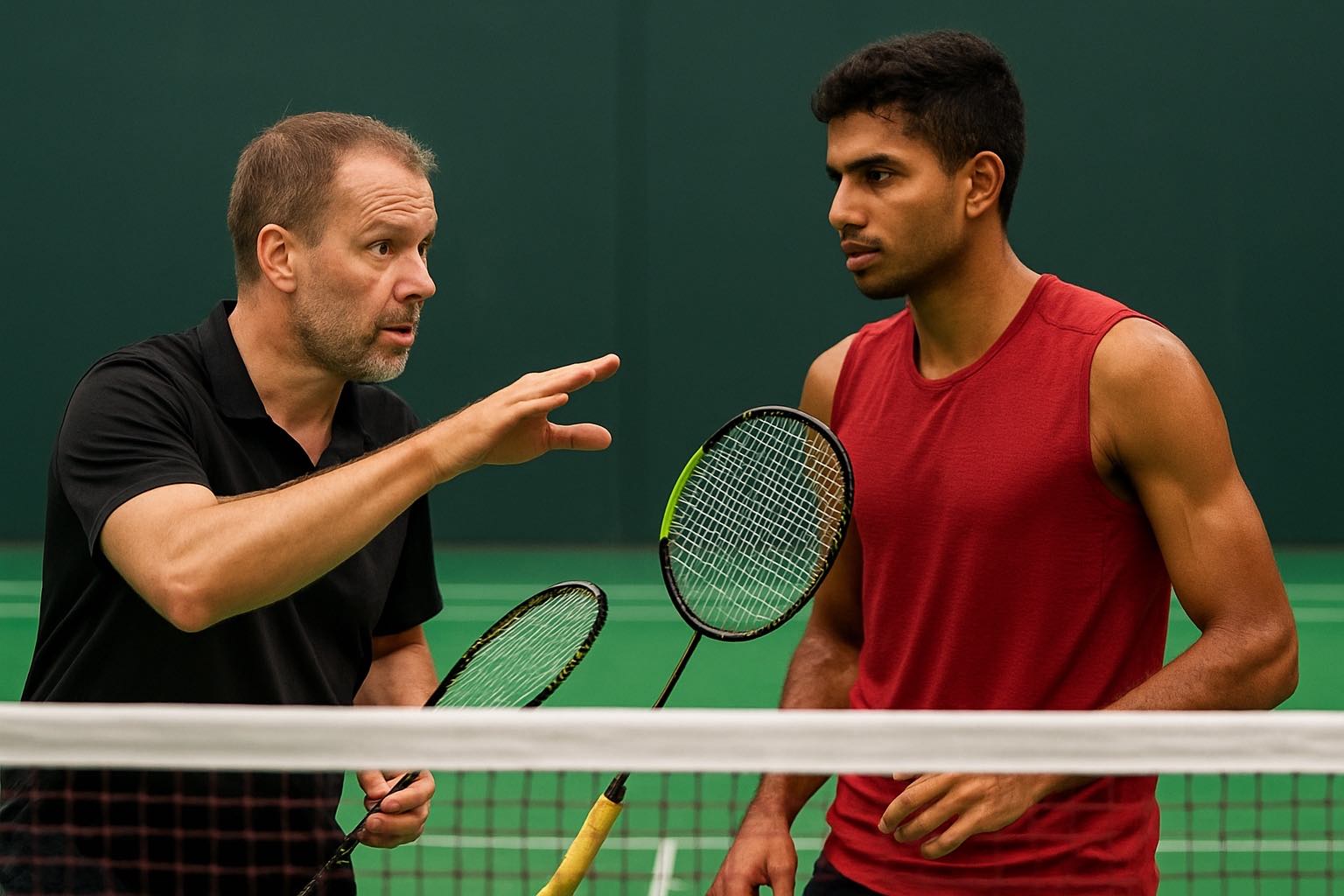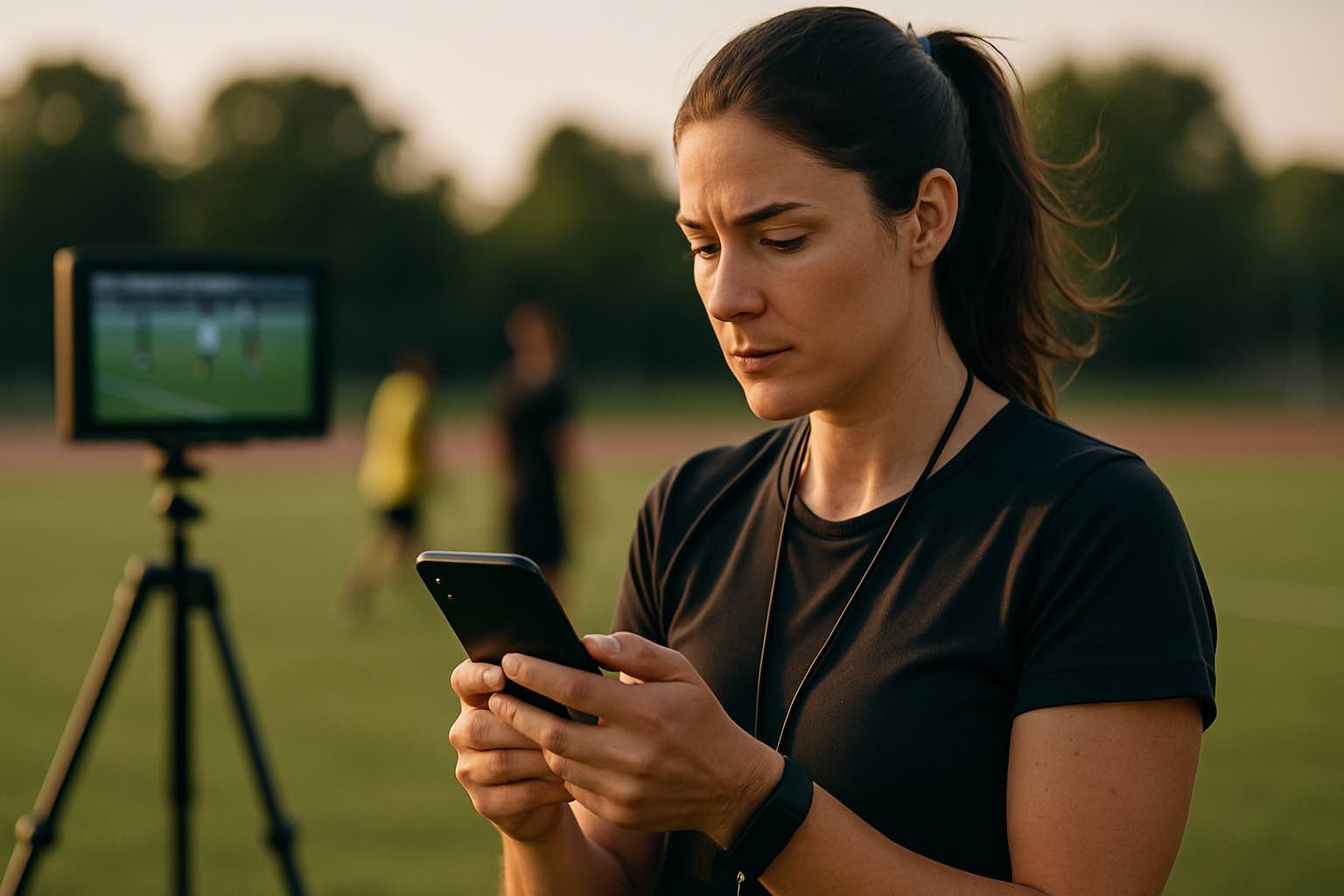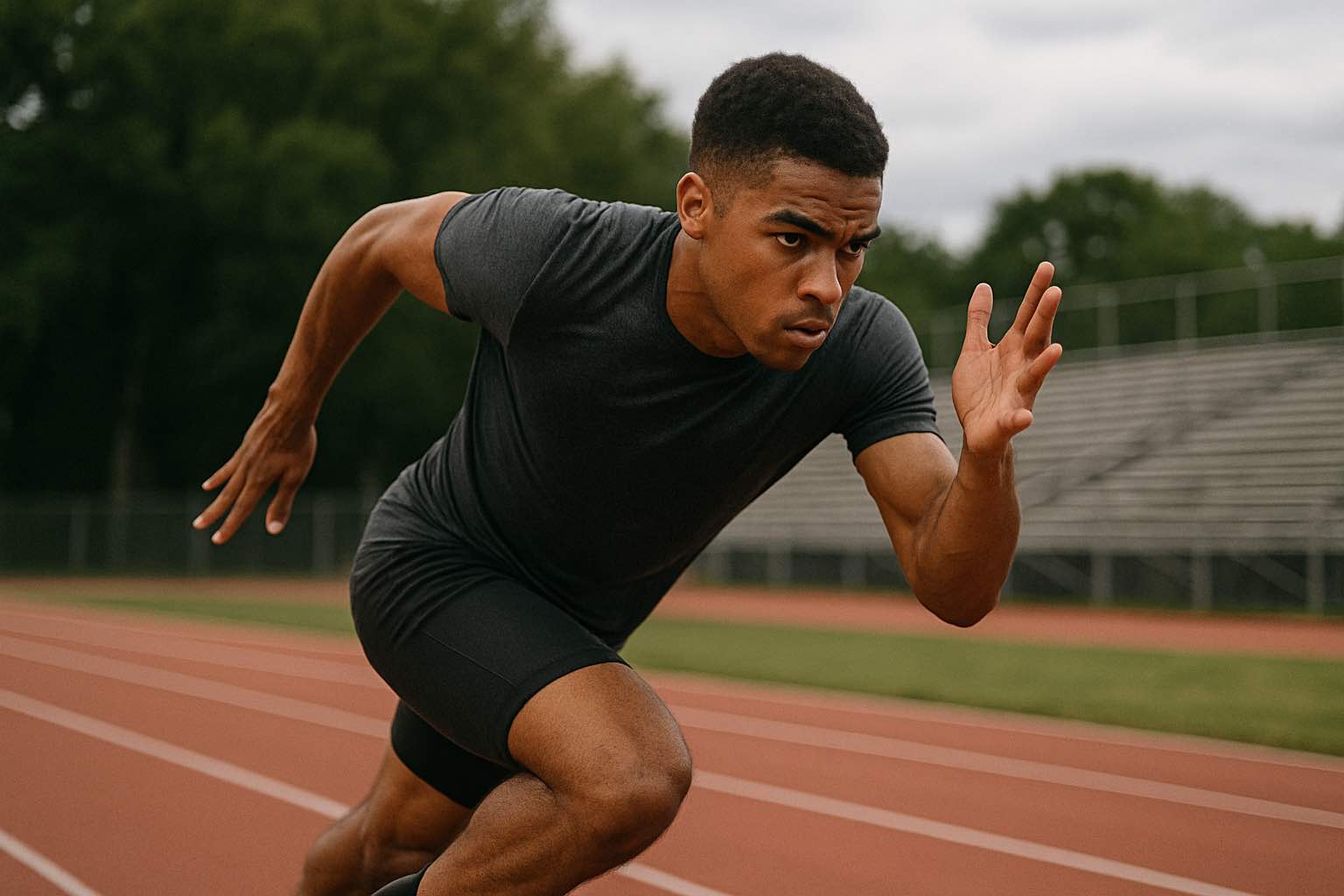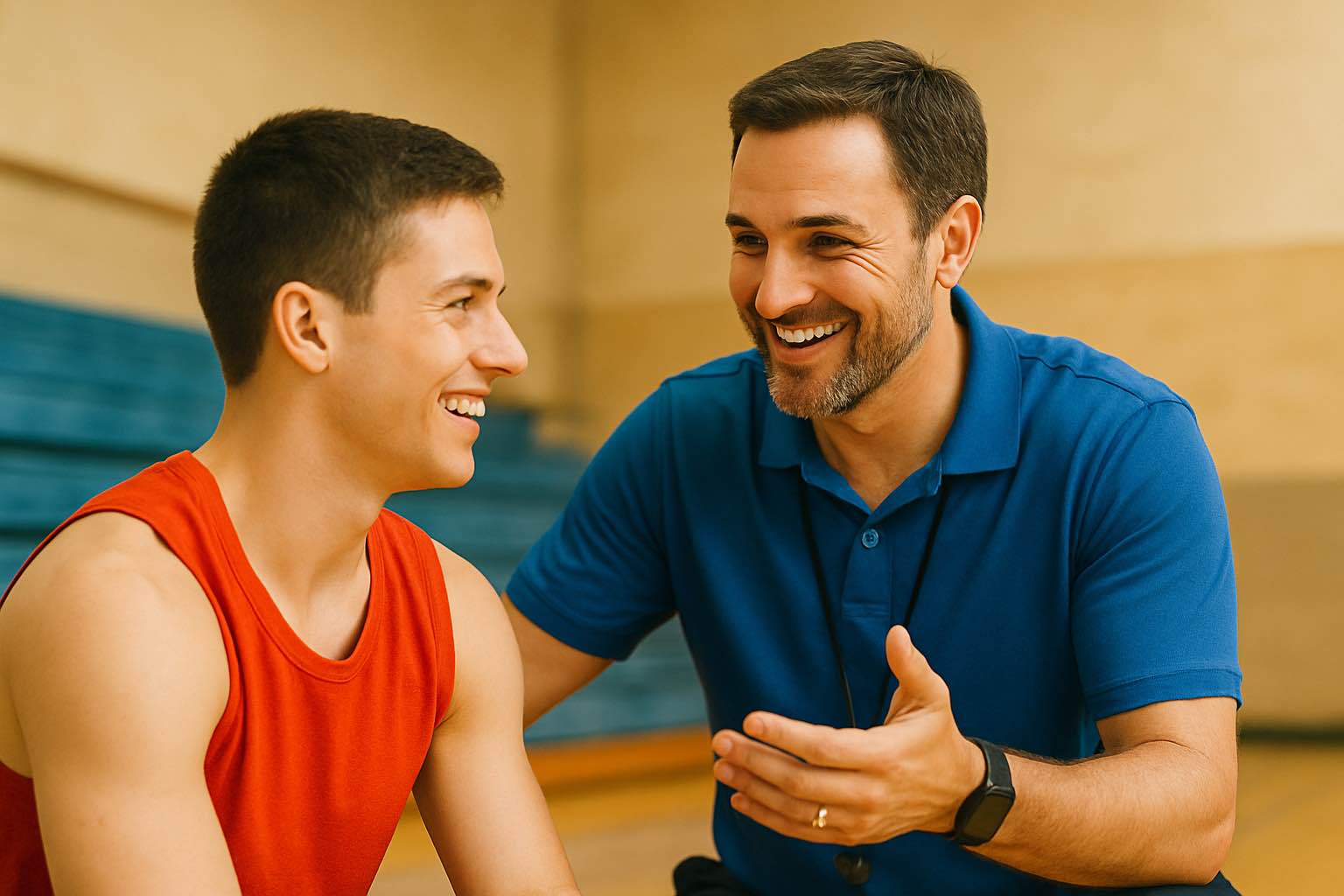Great sports coaches employ a multifaceted approach to elite athlete preparation that extends far beyond traditional training methods. Through systematic periodization, individualized development programs, psychological conditioning, and innovative performance optimization techniques, elite coaches create comprehensive frameworks that maximize athletic potential while minimizing injury risk.
The most successful coaches combine scientific rigor with intuitive understanding of human psychology, establishing environments where athletes can achieve peak performance through carefully orchestrated preparation phases that address physical, mental, technical, and tactical dimensions of sport.
Strategic Planning and Systematic Periodization
Elite sports coaches distinguish themselves through their mastery of systematic training periodization, which forms the foundation of all successful athlete preparation. Periodization involves the deliberate manipulation of training variables to optimize performance for competition, prevent overtraining, and facilitate continuous progress.
This systematic approach requires coaches to structure training into distinct phases:
- Macrocycles spanning entire seasons or years
- Mesocycles lasting 4-6 weeks
- Microcycles covering shorter durations within each mesocycle
Advanced Periodization Techniques
The most sophisticated coaches employ advanced periodization techniques that go beyond traditional linear models:
Block Periodization divides training cycles into highly specialized blocks focusing on specific performance attributes, allowing elite athletes to enhance one key characteristic at a time while maintaining others. This approach proves particularly effective for athletes with irregular competition schedules.
Undulating Periodization varies intensity and volume more frequently than traditional methods, helping athletes maintain consistently high performance levels throughout extended competitive periods.
Individualized Athlete Development and Assessment
Elite coaches excel at recognizing that no two athletes are identical, leading them to develop highly personalized training regimens that cater to individual strengths, weaknesses, and learning styles.
Biomechanical Assessment
Biomechanical assessment forms a crucial component of individualized preparation, as elite coaches address root causes of movement inefficiencies rather than merely accommodating compensatory patterns. Through systematic screening and prehabilitation programs, coaches optimize performance while minimizing injury risks.
Data-Driven Training
Modern elite coaches increasingly rely on data-driven training methodologies and performance analytics to inform their individualization strategies. Advanced athlete monitoring systems provide comprehensive data through machine learning algorithms that deliver actionable insights specific to each sport and position.
Mental and Psychological Preparation
Great sports coaches understand that elite performance requires exceptional mental strength alongside physical capabilities. Mental conditioning techniques include:
- Visualization
- Mindfulness practices
- Positive self-talk
- Cognitive restructuring
Building Mental Toughness
The development of mental toughness involves systematic exposure to controlled discomfort and delayed gratification exercises that build resilience and adaptability. Elite coaches cultivate growth mindsets in their athletes, teaching them to view challenges as opportunities for improvement.
Technical and Tactical Excellence
Elite coaches prioritize the development of technical proficiency and tactical awareness through carefully structured skill acquisition programs. They understand that mastering fundamental skills requires more than simple repetition.
Performance Practice Philosophy
Rather than focusing solely on isolated skill development, great coaches create training environments that simulate game speed, pressure, and intensity as quickly as possible in the learning process.
Video Analysis Integration
Video analysis has become an indispensable tool for elite coaches seeking to enhance technical and tactical preparation. Through systematic examination of game footage, coaches conduct detailed tactical analysis to understand the effectiveness of different approaches in various competitive situations.
Recovery and Performance Optimization
Elite coaches recognize that recovery represents an equally important component of athlete preparation as training itself, implementing comprehensive recovery protocols that enhance performance while reducing injury risk.
Popular Recovery Techniques
- Hydrotherapy
- Active recovery
- Stretching protocols
- Compression garments
- Massage therapy
- Sleep optimization
- Strategic nutrition
Nutritional Planning
Nutritional planning forms a critical component of elite athlete preparation, with great coaches developing comprehensive meal plans that support training adaptations and competitive performance.
Leadership and Communication Excellence
Great sports coaches distinguish themselves through exceptional communication and leadership capabilities that create optimal learning environments for elite athletes.
Key Communication Principles
Effective coaches:
- Clearly communicate ideas and set defined goals
- Provide direct, constructive feedback
- Reinforce key messages while acknowledging success
- Maintain simplicity in instruction
- Individualize communication to specific athletes
Managing Elite Personalities
The management of star athletes requires particular leadership skills. Elite coaches must navigate complex interpersonal relationships while maintaining team focus on performance goals.
Innovation and Continuous Improvement
Elite coaches embrace innovation and continuous learning as fundamental principles of their preparation philosophy. The most successful coaches demonstrate creativity as their defining characteristic, inventing winning programs rather than simply following established methods.
The Marginal Gains Philosophy
The concept of marginal gains exemplifies how elite coaches pursue excellence through systematic improvement of every aspect of athlete preparation. By searching for tiny margins of improvement in everything related to performance, coaches can achieve significant cumulative improvements over time.
Cross-Disciplinary Learning
Great coaches actively seek learning opportunities beyond their primary sport, recognizing that cross-disciplinary knowledge can enhance their coaching effectiveness.
Key Takeaways
The success of elite sports coaches stems from their ability to integrate multiple complex systems:
- Systematic periodization that optimizes training phases
- Individualized development tailored to each athlete's unique needs
- Psychological conditioning that builds mental resilience
- Technical excellence combined with tactical sophistication
- Comprehensive recovery protocols that prevent burnout
- Exceptional leadership that inspires peak performance
- Continuous innovation that stays ahead of competition
Great coaches understand that elite performance requires more than physical training alone—it demands careful attention to mental preparation, tactical sophistication, and holistic athlete development. Most importantly, they demonstrate that sustainable high performance requires balancing intensive preparation with adequate recovery, ensuring athletes can maintain excellence throughout their competitive careers.



